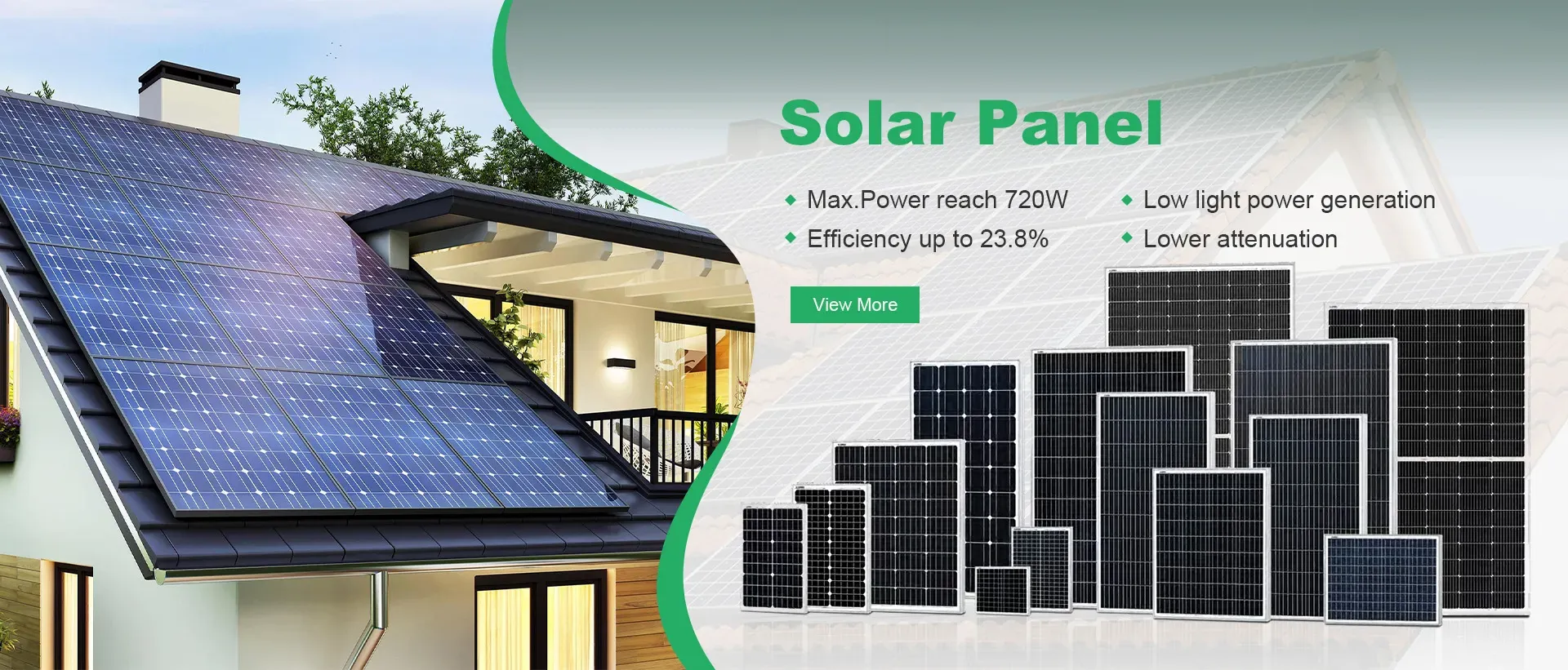Exploring the Versatile Functions and Benefits of Hybrid Inverters in Renewable Energy Systems
Understanding Hybrid Inverter Functions
In recent years, hybrid inverters have gained significant popularity among homeowners and businesses aiming to harness solar energy efficiently. A hybrid inverter combines the functions of a conventional inverter and a battery inverter, enabling the seamless integration of solar panel systems with energy storage solutions. Understanding the functions and benefits of hybrid inverters is key to maximizing energy use, minimizing costs, and promoting sustainability.
What is a Hybrid Inverter?
A hybrid inverter is a sophisticated piece of equipment designed to manage and optimize the use of solar energy while providing options for battery storage. Unlike traditional inverters, which primarily convert direct current (DC) generated by solar panels into alternating current (AC) for use in homes and businesses, hybrid inverters perform dual functions. They not only convert solar energy but also manage energy storage systems by ensuring that batteries are charged and discharged effectively.
Key Functions of Hybrid Inverters
1. Energy Conversion The primary function of any inverter is to convert DC electricity from solar panels into AC electricity, making it usable for household appliances and the electrical grid. Hybrid inverters excel in this role while providing additional features that enhance energy management.
2. Battery Management Hybrid inverters can manage battery charging and discharging based on energy production and consumption patterns. This capability allows users to store excess energy generated during the day for use at night or during periods of low sunlight, ensuring a continuous power supply.
3. Grid Interaction Hybrid inverters are capable of connecting to the electrical grid, allowing users to export surplus energy when production exceeds consumption. This feature not only maximizes the use of renewable energy but can also provide financial incentives through net metering or feed-in tariffs.
4. Smart Energy Management Many hybrid inverters incorporate advanced monitoring and management features. Users can track their energy production, consumption, and battery state through mobile applications or online platforms. This data empowers users to make informed decisions about their energy use, promoting efficiency.
hybrid inverter function

5. Seamless Transition Between Modes Hybrid inverters enable a seamless transition between different energy sources—solar, battery, and grid. During a power outage, these inverters can automatically switch to battery power, ensuring a continuous supply without any interruption.
Benefits of Using Hybrid Inverters
Implementing a hybrid inverter system comes with multiple benefits
- Increased Energy Independence By combining solar power generation with battery storage, users can reduce their reliance on the grid. This independence is especially valuable in regions with frequent power outages or fluctuating energy prices.
- Cost Savings Utilizing solar power and stored energy can lead to substantial savings on electricity bills. Additionally, many regions offer incentives for solar installation and energy storage, further enhancing financial savings.
- Environmental Impact By harnessing renewable energy sources and reducing reliance on fossil fuels, hybrid inverters contribute to lower carbon emissions. This shift not only benefits individual consumers but also supports broader environmental goals.
- Future-Proofing Energy Needs As energy technologies continue to evolve, hybrid inverters are adaptable. They can integrate with smart home systems and other renewable energy sources, ensuring users stay ahead in the transition to sustainable energy.
Conclusion
Hybrid inverters are transforming the way we approach energy consumption and production. By combining the functionalities of traditional inverters with advanced energy management systems, they provide a robust solution for maximizing the use of solar energy and battery storage. As the demand for sustainable energy solutions grows, understanding and adopting hybrid inverter technology will be essential for both residential and commercial energy strategies. Embracing this technology not only enhances energy efficiency but also contributes significantly to a more sustainable future.
-
Unlocking Energy Freedom with the Off Grid Solar InverterNewsJun.06,2025
-
Unlock More Solar Power with a High-Efficiency Bifacial Solar PanelNewsJun.06,2025
-
Power Your Future with High-Efficiency Monocrystalline Solar PanelsNewsJun.06,2025
-
Next-Gen Solar Power Starts with Micro Solar InvertersNewsJun.06,2025
-
Harnessing Peak Efficiency with the On Grid Solar InverterNewsJun.06,2025
-
Discover Unmatched Efficiency with the Latest String Solar InverterNewsJun.06,2025







